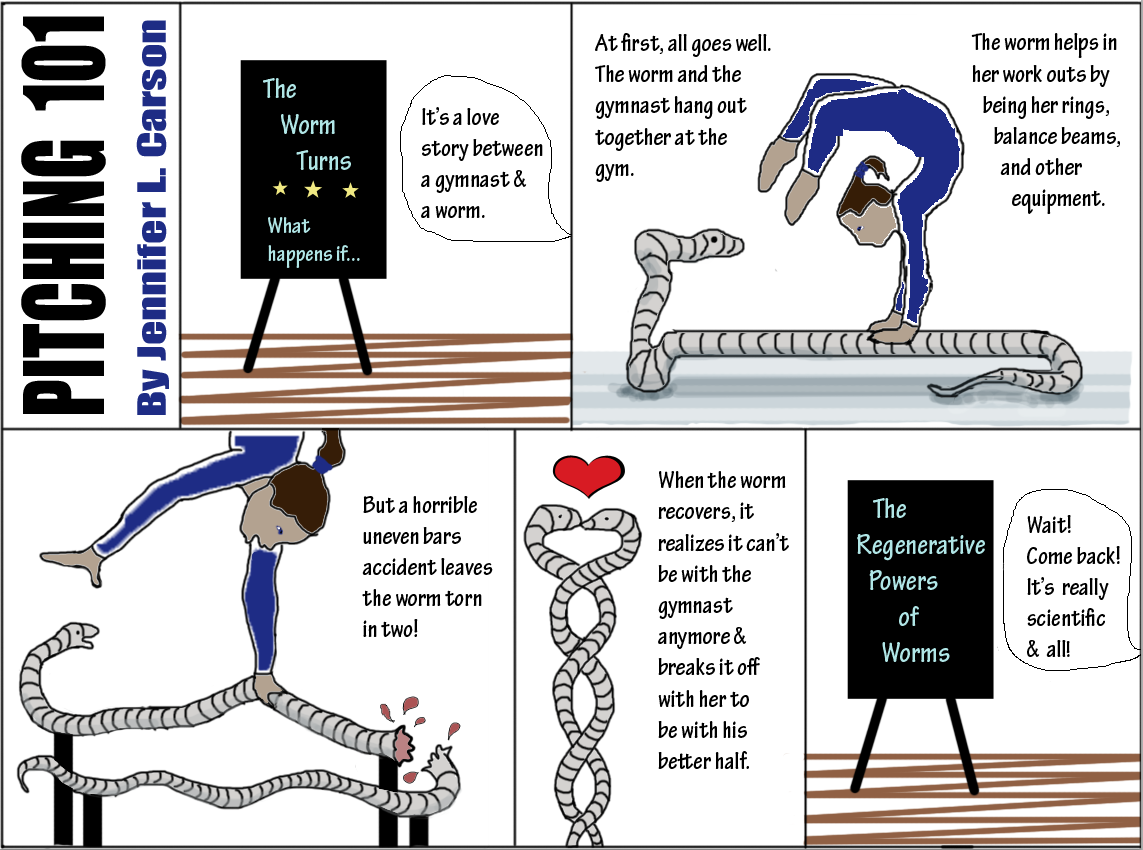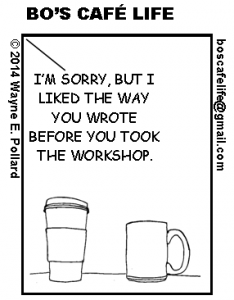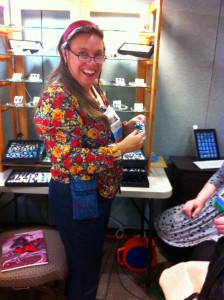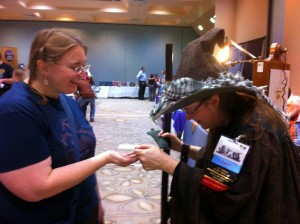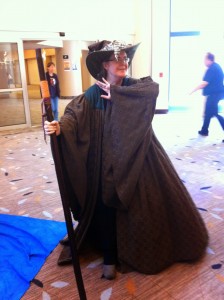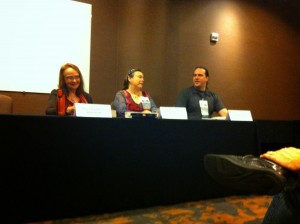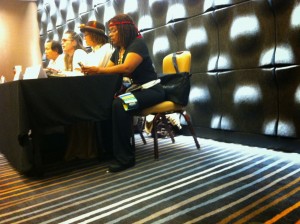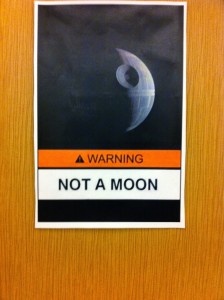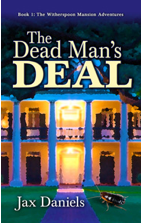My friend and fellow writer Elanor Hughes and I were checking out the newly released Worldcon 73 schedule on our phones. She held out her phone so I could look at the screen. “Hey. Did you see that they are offering in-person pitch sessions?”
“No,” I said, and scrolled to the description. “You know,” I said as I read over the entry, “I’ll have my latest draft of Chaos Wolf done right before Worldcon. Maybe I should pitch it.”
“Yeah, you should.”
The first thing I did was I looked up the agency. It was a respectable size and has several authors listed that I recognized and followed on Twitter. Then I read the agent’s bio. It included the usual instructions about documents being in manuscript format and how to submit online. Then I read what types of fiction he wanted to represent.
He listed several subtypes of science fiction and fantasy, so he was clearly not adverse to genre fiction. What caught my eye, though, was a statement about urban fantasy. He stated it was a tough sell with him because he is not the target market so he only accepts the best of the best.
My story is squarely in the urban fantasy subgenre.
Uh oh…
At that point, I decided I would look at this as a chance to practice my pitch and get feedback. If he requested pages to read further, that would be a bonus.
I returned to my research. I double checked Absolute Write Water Cooler, running a search for both the agent and agency. I found nothing that raised any flags. All the comments stated that he was a professional working with a reputable agency.
The next two weeks I spent practicing my pitch, mentally and audibly going over it. I memorized my page count. When I arrived at Worldcon, I attended a panel that the agent was on so I could get a feel for his personality before officially meeting him. By the time my ten-minute slot came around, I felt I was as ready as I would ever be.
Because this was a convention, I was wearing a fandom related T-shirt earlier in the day. Half an hour before my pitch slot, I ducked into the bathroom and switched into a dress blouse I brought specifically for the pitch. I wasn’t as dressed up as I would be for a job interview, since I refused to ditch my jeans and comfortable shoes, but I presented a business-casual look.
I arrived ten minutes early and checked in. After my name was called, I was pointed towards the agent I was pitching to. I waited as he finished speaking with the person whose slot was before mine. Then I took a deep breath, pushed down my nervousness as I shook his hand, and sat down.
The words I had practiced tripped out with only one little stumble. He had several questions about the story itself:
- • Where does it fit into the market?
- • How many words is it?
- • What are my plans for it if he does not request to see pages?
- • Was I aware that it would be a tough sell given the number of similar stories already published?
I had an answer ready for each of those questions. I felt it was new adult but it could be altered to fit into the young-adult market. It’s currently 100,000 words but could be edited down to 95,000 words. I planned to shop it around for an agent or submit it to slush piles for the next two to three years before looking at self-publishing. And, yes, I was aware that I am writing vampires and werewolves in an oversaturated market where people are looking for the next big and different thing.
The ten minutes passed quickly. In the end, much as I expected, I did not get a request for pages. He said, and I silently agreed, that he would not be the proper agent to sell my book. He did give me some suggestions for my pitch, about drawing out what makes the universe unique. He also said that he was very impressed with my level of professionalism when I mentioned that this was my first pitch I had done. While a request for pages would have been the icing on the cake, I walked away from the experience content.
So what is the takeaway from this?
- • Research the agent you will be pitching to. This can involve searching the web and attending panels they are on. Be aware of what they are looking for and who they represent.
- • Memorize and practice your pitch. Have both a short summary of one or two sentences and a longer one that goes into more detail.
- • Know where your story fits into the market. What genre is it? Is it long or short compared to other stories in the same genre? Who is the target audience? Can you adjust it to fit another audience?
- • Know what the current trends are in your market and where your story fits.
- • Dress professionally. You may be at a con, but don’t pitch your story wearing your hallway costume.
- • Be polite. Thank the agent for his or her time.
Even if you do all this, there is no guarantee you will land an agent. But you will make a positive impression. The agent may not request pages from you on your current novel. But he or she may want your next one.
 Sheryl Hayes lives in Silicon Valley, Ca. Her three cats graciously allow her and her mother to live in their house. In addition to writing her first series and short stories, she works full time at a private utility. When she is not writing, she is knitting the costume she’s wearing to the next convention she’s attending, playing World of Darkness, or reading.
Sheryl Hayes lives in Silicon Valley, Ca. Her three cats graciously allow her and her mother to live in their house. In addition to writing her first series and short stories, she works full time at a private utility. When she is not writing, she is knitting the costume she’s wearing to the next convention she’s attending, playing World of Darkness, or reading.
You can read her blog or follow her on Twitter @sherylrhayes or on Facebook.

